The Saturday Read: Unhappy anniversary
Inside: Labour’s annus horribilis, Trump’s big beautiful bill, a dispatch from Glastonbury, Will Lloyd on Sarah Vine, Iran’s missing uranium and Fawlty Towers at 50.
Good morning. Welcome to the Saturday Read, the best of the New Statesman, in print and online this week. This is Finn with Nicholas and George.
Those images of Rachel Reeves crying on the front bench during PMQs may come to symbolise the disarray Labour finds itself in, almost exactly one year into office. The government seems impotent: Labour MPs threaten total revolt whenever the Treasury tries to cut spending (whether it’s Winter Fuel or PIP); and No 10 is shackled by its early promise not to “raise taxes on working people”. And so here we are – in a country suffering a serious case of economic malaise, with a government that can neither spend less money nor raise more of it. Brilliant.
Well, the NS has a solution. And we made a lot of noise in Westminster and far beyond this week thanks to it. Forget the foolish promise; accept that Reeves cannot tweak her way out of this crisis; face the inevitable; just raise tax.
The Guardian, The Telegraph, Guido Fawkes and the Daily Mail all had something to say about the intervention — written by my inestimable colleague Will Dunn. We were most excited to see David Frost, former chief Brexit negotiator, respond “NO NO NO” before going on to explain that the “deranged leftists” at the NS have got it all wrong – and that it is spending that has to be brought under control to solve the impasse.
All in a day’s work. Stay with us, as Nicholas, George and I take you through our favourite stuff from the NS this week. Thanks for reading. And, as ever, have a great weekend.
1—“Time to be bold”
And here it is, the comprehensive argument by Will Dunn. “Just Raise Tax.” It really is that simple. NH
Reeves is beginning the process of writing the next Budget, which she will announce in October. Before the economic modelling and the departmental bargaining begins, the Chancellor and her advisers will meet at the long, cabinet-style table in her office on Horse Guards Road and talk about first principles. A year in and the government has run out of money. Yet more tweaks will not suffice.
Everyone around that table understands that taxes will almost certainly have to rise in the autumn. They will also have to confront the fact that they made a terrible mistake.
2—“The Glasto-class”
Finn certainly drew the short straw last week: free Glastonbury tickets? Some of us were working. But it was worth it for this week’s magazine sketch: a hilarious tour of Britain’s hyper-political hellhole. NH
Parsing the 210,000-strong crowd at the festival is a process of subtle distinction, such as: who is 35 and who is 38? And, does this person live in Stoke Newington or Finsbury Park? Do they work at Deloitte or at a respectable grade in the civil service? Glastonbury in 2025 is where the professional class come to listen to Busta Rhymes (doyen of the 1990s) perform “Break Ya Neck”, with right-hand man, Spliff Star, and pretend the culture hasn’t left them behind. Even though of course it has.
3—“Garish simplicity”
Freddie writes from Washington this week on why Trump’s “big, beautiful bill” (never one for rhetorical subtlety) reveals the shallowness of his populism. In typical Freddie style, he makes his case via a Doge house party and with some lessons on the new populist insurgent, Zohran Mamdani. FMcR
The Senate voted on Trump’s bill the weekend after the socialist Zohran Mamdani left the party’s old guard flailing and won the Democratic nomination for the New York mayoral race. Mamdani, 33, promised free buses, rent freezes and state-owned supermarkets. He wants to pay for his plan through levies on the city’s plutocrats. The fact that he went from zero per cent in the polls to beating the former governor Andrew Cuomo by nearly ten points in the first round reveals a hungry appetite for left populism.
As woke wanes, a new focus on economics might create a political opening for the Democrats.
4—“They were ‘homegrown’”
What a pleasure to have incoming culture editor, Tanjil Rashid, write his first column for us. His subject this week is the 7/7 bombings in London (the 20th anniversary is on Monday) and contends that it was 2005, not 9/11, that centred British Muslims in national terror discourse. FMcR
The terror train in London was strangely delayed. Four years had passed since the strike on the World Trade Center, at the heart of the American empire; the UK, too, would become enmeshed in the attack’s aftermath, in Afghanistan and Iraq. In London, the period bookended by 9/11 and 7/7 was peaceful, untroubled, and my innocent early teens were trifled away in a city that, compared to now, was a Garden of Eden. Kids like me were no more conscious of being Muslim than Adam and Eve were of their sex. Some say 9/11 had already changed that, but while there were tense times in 2001, London’s multicultural innocence wasn’t really lost until the 2005 attacks.
5—“An impressively slick rebellion”
Soft left? Hard left? Medium-rare left? What’s left? It’s easy to get lost in this stuff. Morgan Jones is on hand to clarify. Here are the answers on what middle Labour cares about. Answers on how Keir Starmer restores order among them, however, might be harder to find. GM
An antagonisation-to-organisation pipeline was apparent to anyone who made their way to the Compass conference at the end of May. Cross-party since 2010, Compass seems to be re-orientating itself towards internal Labour politics; Andy Burnham and Louise Haigh drew large crowds studded with Momentum types, instead of just the anti-monarchist pensioners who make up the organisation’s default audience… This process of the soft left coalescing has now borne fruit.
To enjoy our latest analysis of politics, news and events, in addition to world-class literary and cultural reviews, click here to subscribe to the New Statesman. You'll enjoy all of the New Statesman's online content, ad-free podcasts and invitations to NS events.
Going for growth.
The Government’s new Industrial Strategy focuses on the sectors that will drive UK growth – and at Liberty Global, we’re investing in the connections those industries need.
Our investments in connectivity and infrastructure – through companies including Virgin Media O2, Atlas Edge and Believ – will help power high-growth industries across the country.
See how we’re investing to support UK growth: https://www.libertyglobal.com/about/public-policy/powering-uk-growth/
6—“Comedy arrivistes and sub-ducal nobodies”
Will Lloyd reviews Sarah Vine’s memoir this week and finds the amour propre of it all rather hard to swallow. Vine wants our pity, but it’s the people of Britain, the collateral of her coterie, who really deserve it. GM
Suddenly, [Vine’s new book] How Not to Be a Political Wife’s pages begin to proudly swarm with comedy arrivistes and sub-ducal nobodies. “Topaz Amoore”, “Jayne Dowle”, “Randal Dunluce”, “Tania Kindersley”, “Imogen Edwards-Jones” and someone literally called “Venetia Butterfield”. Ludicrously, Vine calls them “the best and the brightest”, seemingly unaware that the phrase was borrowed by David Halberstam from Percy Bysshe Shelley to describe the misfiring brains in the Kennedy and Johnson administrations who expanded and lost the Vietnam War. Vine’s mates don’t wreck south-east Asia, but so many of them end up in the Cameron governments that you could fairly accuse them of wrecking Britain.
7—“On the precipice”
The latest intel from Iran muddies Trump’s claims that the state’s nuclear capacity was “totally obliterated” by America’s bunker-buster bombs. It seems not all the enriched uranium is accounted for. Katie Stallard says analysts think that enough material for ten nuclear bombs remains hidden. GM
The second theory is that the canisters of uranium were removed from Isfahan and divided among multiple secret locations in the days before the strikes began. Iran’s foreign minister, Abbas Araghchi, had warned in a letter to the UN in May that his country would “implement special measures” to protect its nuclear materials if it was threatened with military action. And there was plenty of warning that an attack might be coming. Between the start of the Israeli campaign on 13 June and the US strikes on 21 June, Trump publicly weighed the possibility of entering the conflict in a stream of social media posts, in which, among other things, he threatened to assassinate the country’s supreme leader and demanded Iran’s “UNCONDITIONAL SURRENDER”.
8—“Feeble mendacities”
After the Labour Party conference in 2021, the historian David Edgerton offered some tempered praise for Starmer’s front bench, saying that “Rachel Reeves has found a new way of thinking about the economy”. Now, after a year of Labour government, he’s changed his mind. This is a Labour government, he writes, beholden to Tory orthodoxies. NH
The last Labour government ended in 1979. In three periods in office (though never truly in power) it changed the country. Never as radical as many hoped, it nevertheless offered an alternative and delivered change… It is no secret that the leadership of successor parties have wanted to distinguish themselves from that historic one. Thus we have “New Labour” and Starmer constantly reminding us, with remarkable lack of appreciation of constitutional niceties, that he leads his government. Both are right. These governments are different.
George’s Best of the Rest
Tom Peck: Starmer finds sympathy a step too far
Thomas Meaney: Curzio Malaparte’s shock tactics
Sam Adler-Bell: William F Buckley, practical fanatic
Dana A Williams: Notes from Toni Morrison
How I fixed my fear of flying (by embracing something worse)
Euro 2025 pits lovers against each other in Denmark-Sweden game. Relationship status: complicated by penalties.
And with that…
This week I went to the Apollo Theatre on the southern frontier of Soho. Not, like too many of my modish colleagues, to watch an avant-garde snooze-fest by Beckett. One thinks of Nabokov’s parody, from Transparent Things: “When the curtain opened, Hugh was not surprised to be regaled with the sight of a naked hermit sitting on a cracked toilet in the middle of an empty stage.” No thanks.
Instead, the stage adaptation of Fawlty Towers. I know, I know. It’s like preferring Status Quo to Steely Dan. But, 50 years since it was first broadcast, there must be a seriously good reason we’re still laughing at this stuff. (There is, as far as I’m aware, no stage adaptation of It Ain’t Half Hot Mum in production.) And that reason is mainly thanks to its basic comic scaffolding: the pace, the dialogue, the delivery. This much has always been evident – reviewing the original broadcast, Clive James channelled Blake in describing “the fearful symmetry of each episode’s grand design”.
But clearly there is something local going on. Next to me and my companion (thankfully, for her sake, a fellow Fawlty-ite) for the first half of the play was a holidaying Spanish couple; they were not there for the second. And I don’t think it was just Manuel. It takes a petty, grasping, narrow-minded, insular and perennially defeated people to hero-ise Basil Fawlty. For better or for worse, that’s us.
The New Statesman is home to the finest writing on politics, culture and ideas. To stay up to date, subscribe using the link above.
— Finn, Nicholas and George.





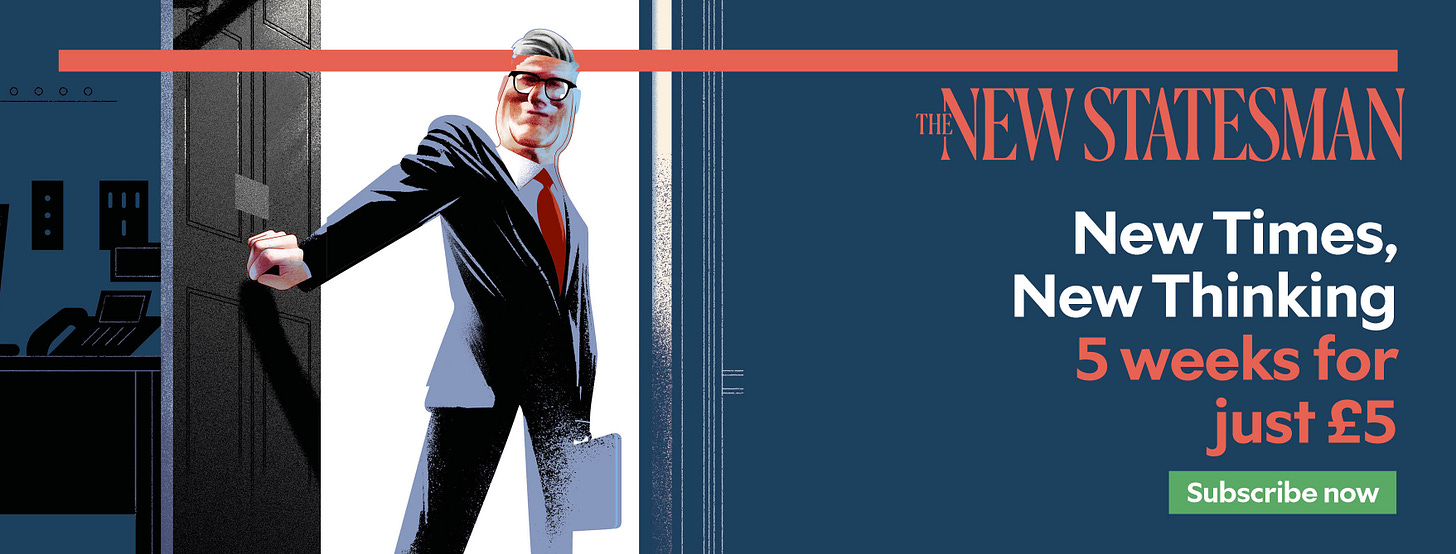
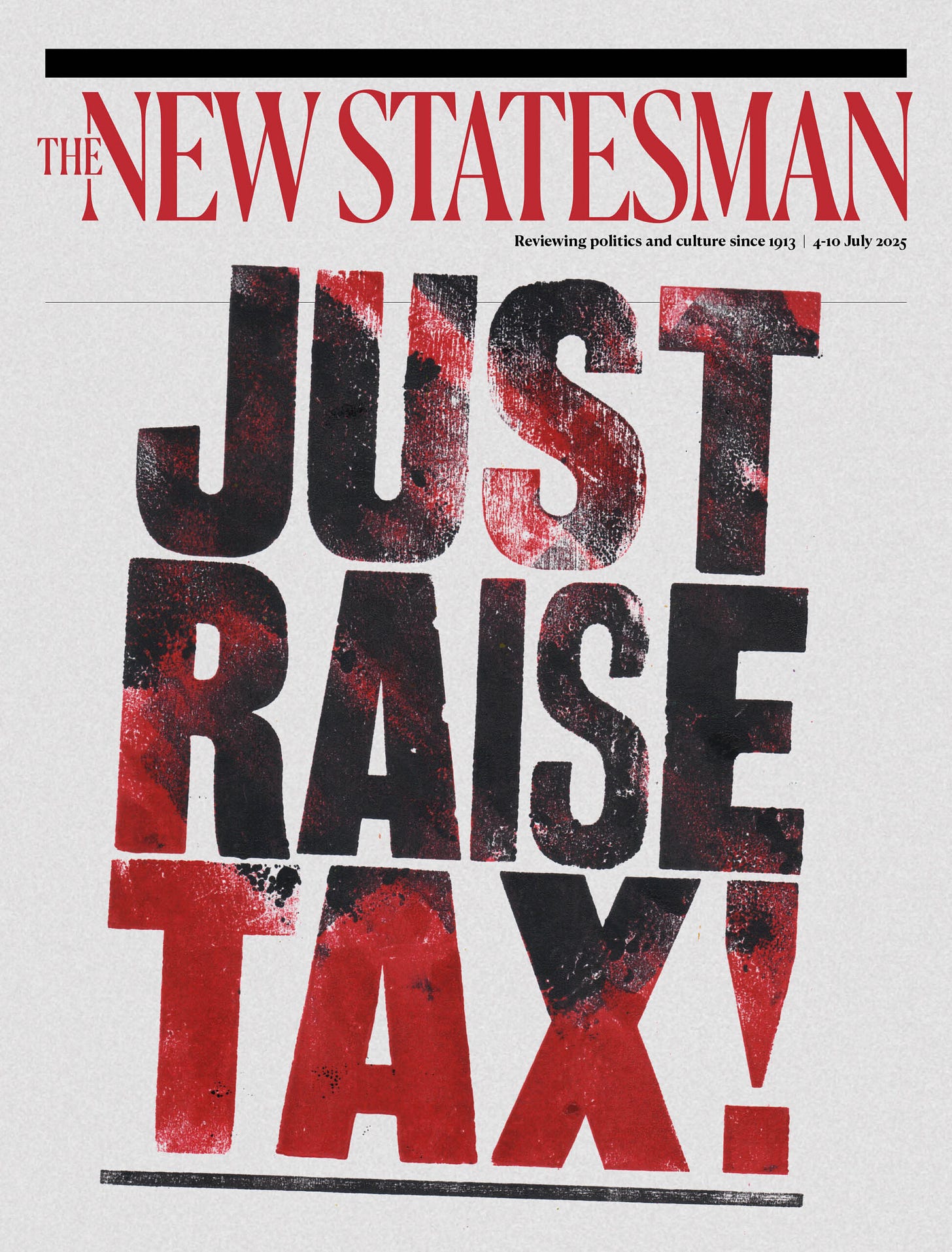

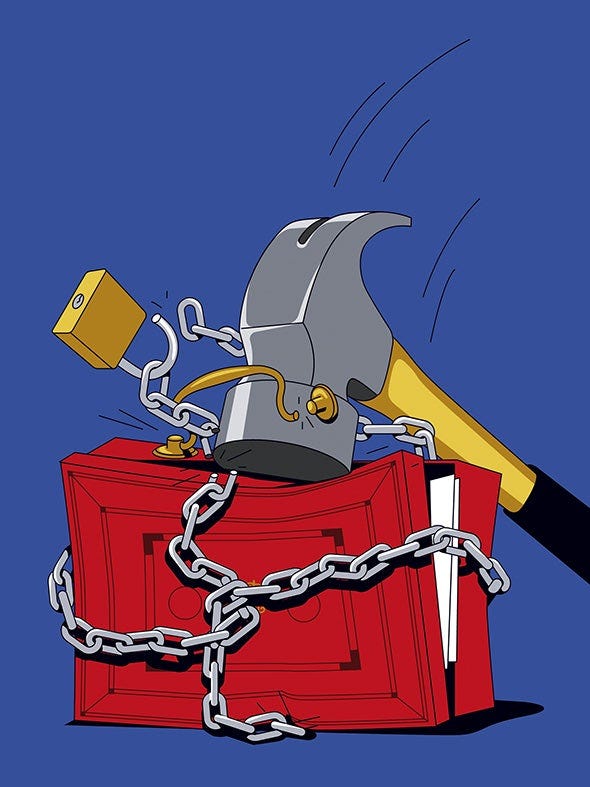
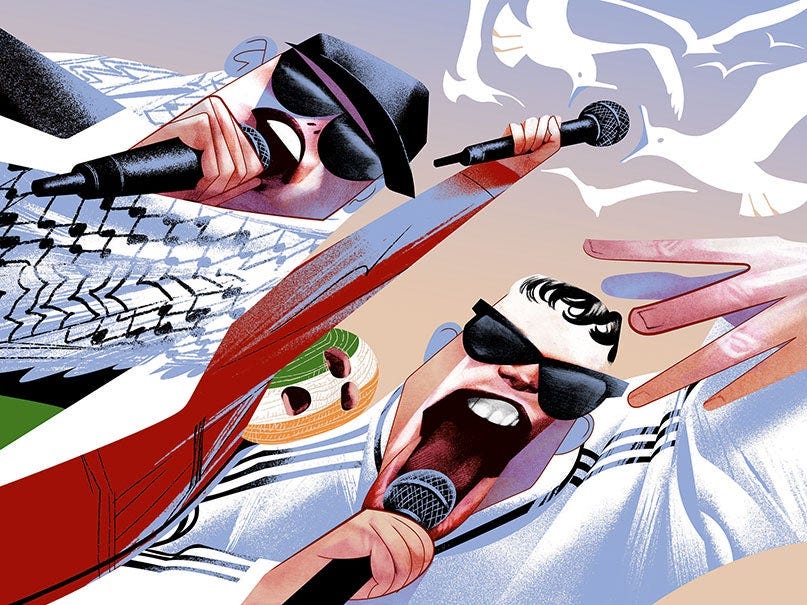

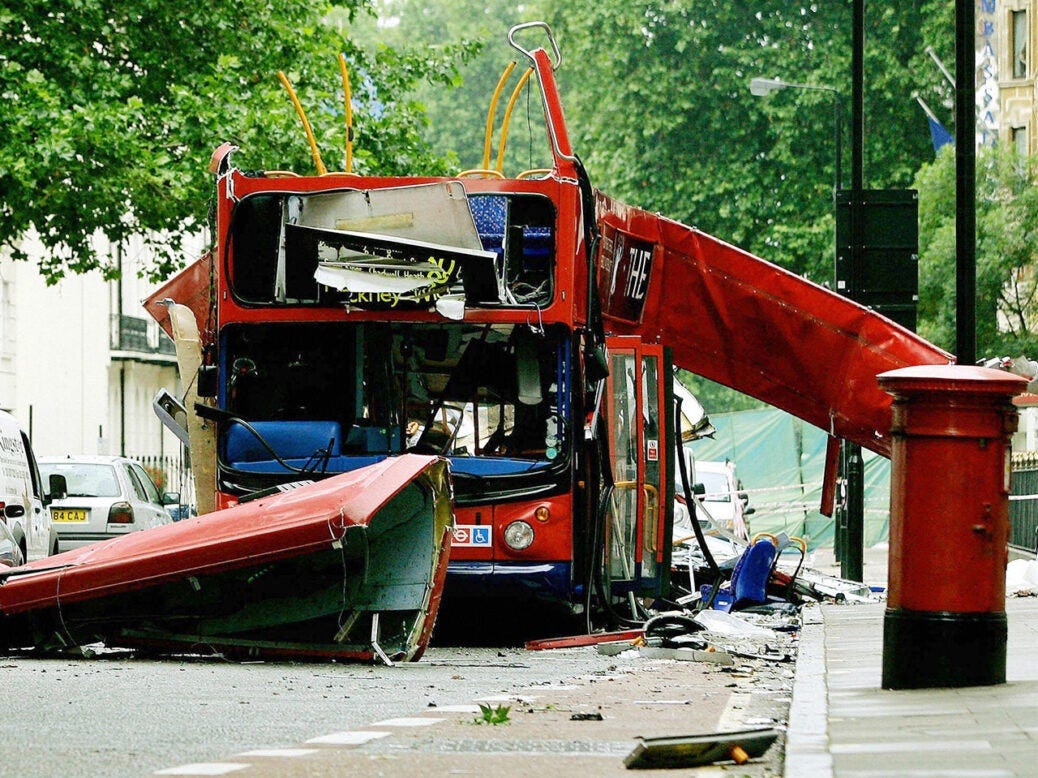
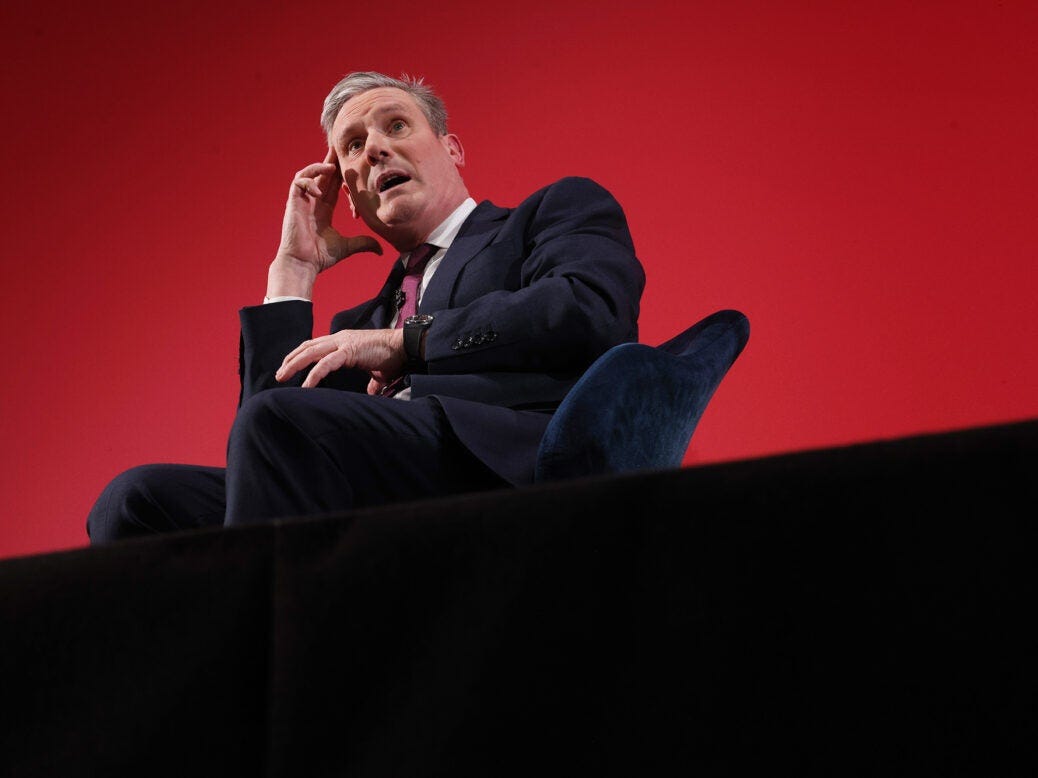
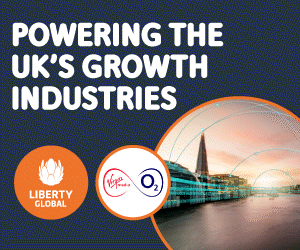
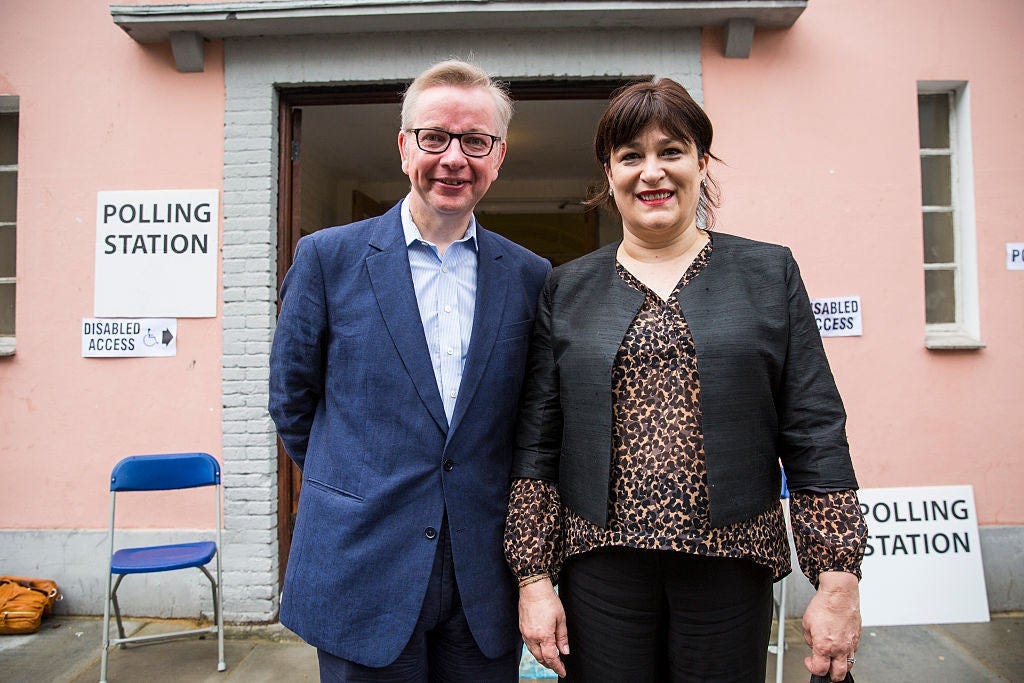



Tory chancellor Jeremy Hunt (did I get that right?) introduced a 'temporary' 5p reduction in fuel duty in 2022. At the time petrol was over £1.90 a litre. That reduction has remained, together with no index-linked increase in duty, ever since. In her first budget, Reeves extended it to April 2026.
The big question is why?? And the only answer must be that the Treasury and Department for Transport (DAFT - as Private Eye call them) are shit-scared of the motoring lobby and the right-wing press. Well stuff them.
They could stick 10p on a litre and petrol would still be cheaper than it was a year ago. And yes, it would cost motorists money, but would raise £billions and surely that's better than shafting pensioners and the disabled with tory-lite austerity measures.
And, to address the obvious criticism, a report by the Social Market Foundation:
"The stated objective of holding down fuel duty is to protect hard-pressed drivers, but our research shows that the richest fifth of households have benefited twice as much as the poorest. Richer households tend to drive more, own more vehicles, and buy less fuel efficient SUVs."
Very nice